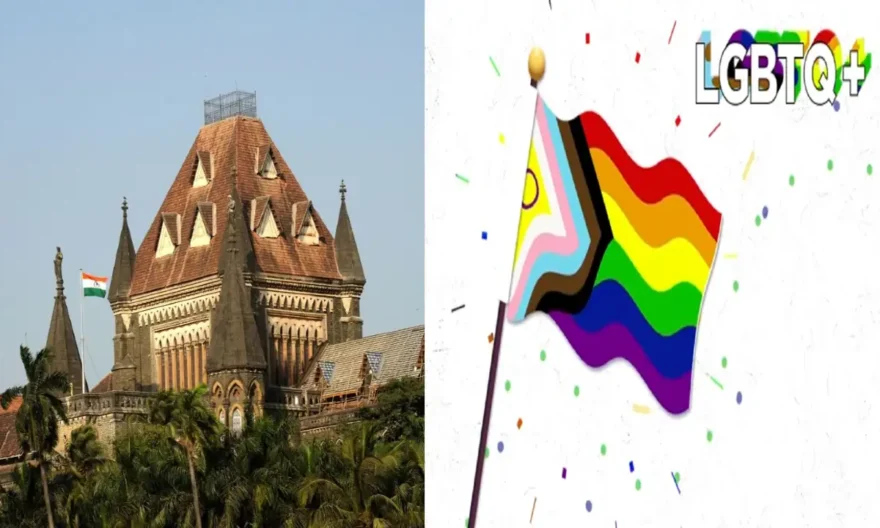
The Maharashtra government recently informed the Bombay High Court that it is considering the formation of a committee to establish guidelines aimed at sensitizing the police in their interactions with the LGBTQIA+ community.
This proposition emerged subsequent to a division bench of Justice Revati Mohite Dere and Justice Gauri Godse expressing the view that the State should develop guidelines concerning how law enforcement handles complaints involving ‘missing persons’ or ‘kidnapping,’ particularly when family members raise concerns about lesbian or gay couples.
The bench stated, “We expect the State to devise a framework for the police to address cases pertaining to missing or kidnapping complaints against lesbian or gay couples and ensuring their protection. This represents a broader concern. Given our engagement with the police, it is imperative to establish guidelines for handling such situations.”
The division bench was hearing a plea initially filed to safeguard a lesbian couple, an inquiry that has expanded to encompass more extensive issues concerning the well-being of LGBTQIA+ individuals.
Advocate General Dr. Birendra Saraf, representing the State government, assured the court that he would seek guidance from the government regarding the feasibility of establishing a committee to sensitize police officers involved in cases related to LGBTQIA+ individuals. He noted that this committee could comprise government officials and various stakeholders, including members of the LGBTQIA+ community. Such a committee would be tasked with devising a protocol for police to adhere to when addressing missing person cases or instances requiring protection for LGBTQIA+ community members. The Advocate General emphasized that these guidelines should also address instances of police harassment.
Furthermore, the court inquired whether the State could consider amending the police code of conduct in Maharashtra, mirroring amendments enacted in Tamil Nadu to tackle this issue. Saraf highlighted that a Supreme Court judgment already outlines a comprehensive protocol for the police to follow when dealing with missing person and kidnapping complaints. Justice Dere underscored that incorporating such a protocol into the police manual is an endeavor achievable at the police level.
Justice Dere recommended engaging a lawyer, preferably one actively supporting the LGBTQIA+ cause, for insights on the matter. She suggested that Advocate Vijay Hiremath, who represents the petitioners in the ongoing case, could fulfill this role.
The judge underscored the State’s responsibility to address concerns within the LGBTQIA+ community within prisons. “Prisons are equally important. Establishing separate barracks for LGBTQIA+ inmates can be considered. For matters that do not necessitate government involvement, the police can take the lead,” the Court emphasized.
This particular aspect was previously highlighted by the High Court on July 28, when it directed the Inspector General (Prisons) of Maharashtra to ensure equitable treatment for transgender and homosexual individuals incarcerated in prisons.
The Court is scheduled to reconvene to address the matter in three weeks.




